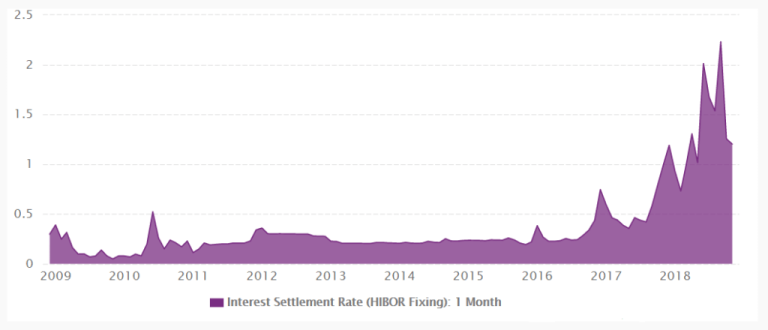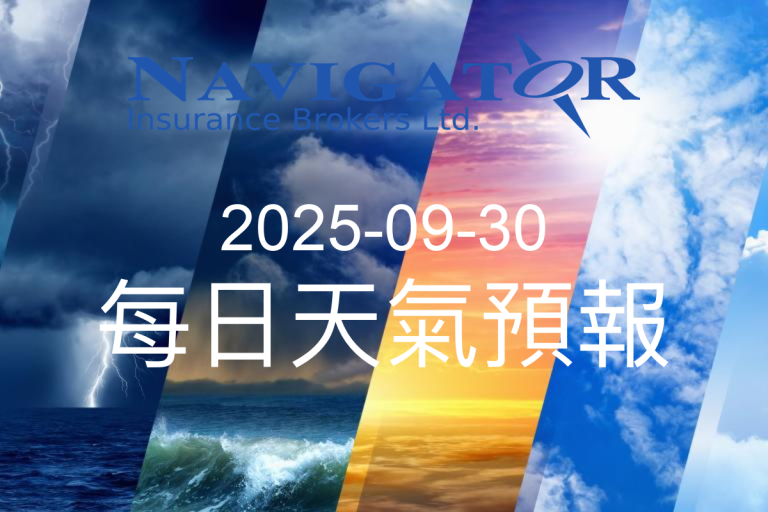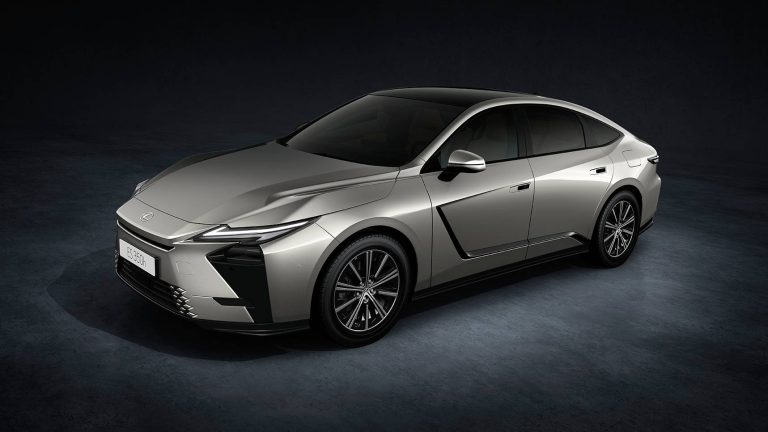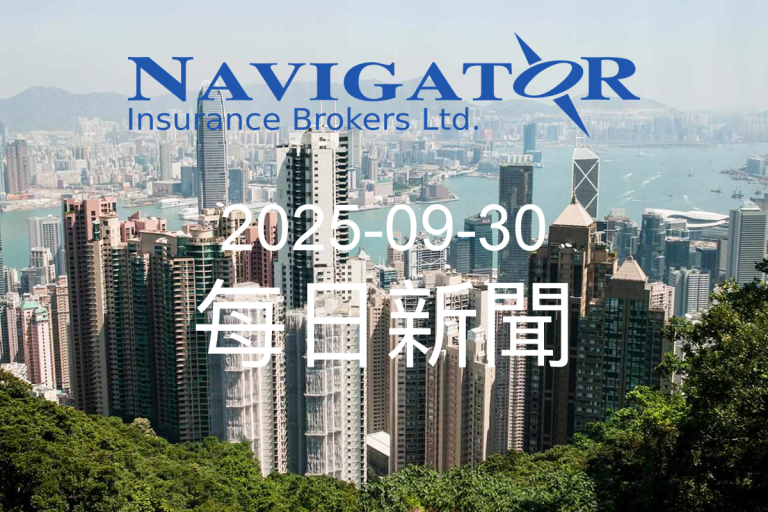In a continually evolving global trade environment, Toyota Motor Corporation is redefining its strategy for the U.S. market. A seemingly paradoxical but carefully considered dual-track approach is quietly unfolding.
The key driver of this strategic adjustment is high tariffs. The U.S. will increase import tariffs on automobiles to 25% starting in 2025, presenting a significant challenge for Japanese automakers. In response to this pressure, Toyota has adopted a clever solution: moving the production line for the Lexus ES luxury car back to Japan while expanding hybrid vehicle production at its Kentucky plant.
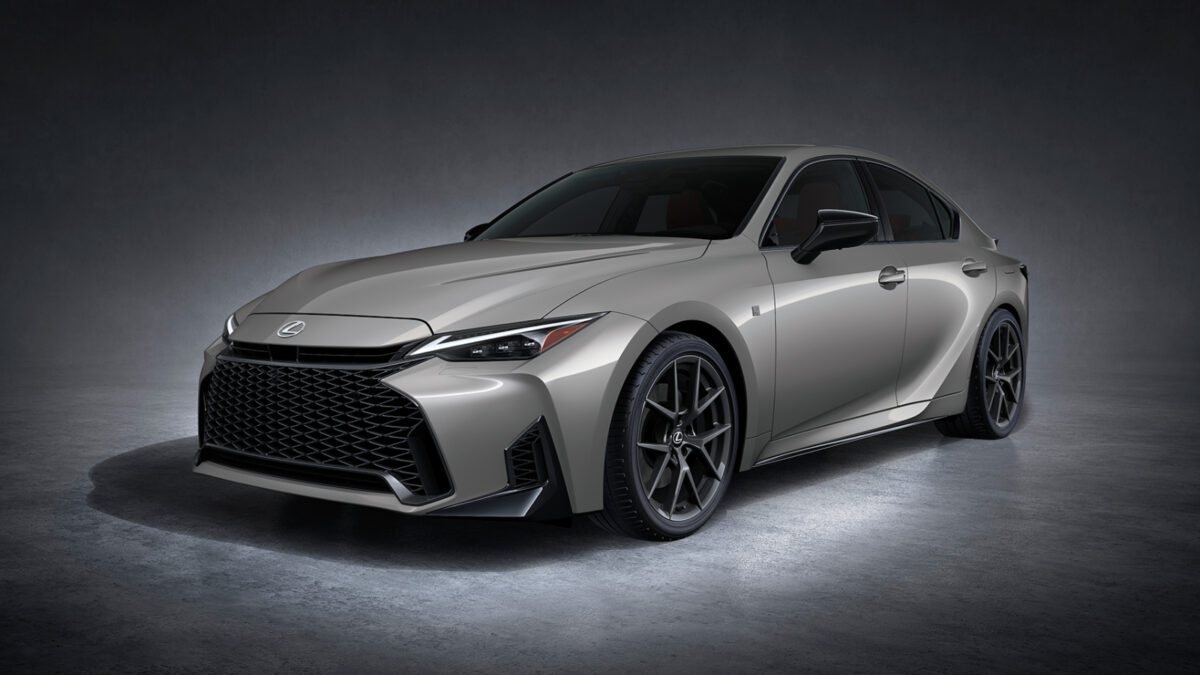
The core of this strategy lies in precise cost and market calculations. The Lexus ES, as a high-priced luxury car, can still maintain profitability despite the import tariffs, thanks to its brand premium. Compared to the high production costs in the U.S., concentrating production in Japan offers greater advantages in efficiency and quality control. This “export luxury, localize mass-market” model is not just a short-term tariff response but could become a long-term business model in the era of high tariffs.

Simultaneously, Toyota’s strategy for hybrid vehicles in the U.S. market is also noteworthy. In recent years, the growth of the pure electric vehicle (PEV) market has slowed, and consumers still have concerns about charging infrastructure. Hybrid vehicles, which do not require additional charging and offer energy-saving benefits, have become an ideal compromise in the market. Toyota’s leading position in hybrid technology allows it to seize this market opportunity precisely.

It’s important to note that Toyota is not an isolated case. Other Japanese automakers, such as Nissan, have moved some SUV production to the U.S., while Mazda has chosen to raise prices to offset costs. High tariffs are forcing the entire automotive industry to reevaluate global supply chain layouts, and this competition will test the operational wisdom and resource allocation capabilities of companies.
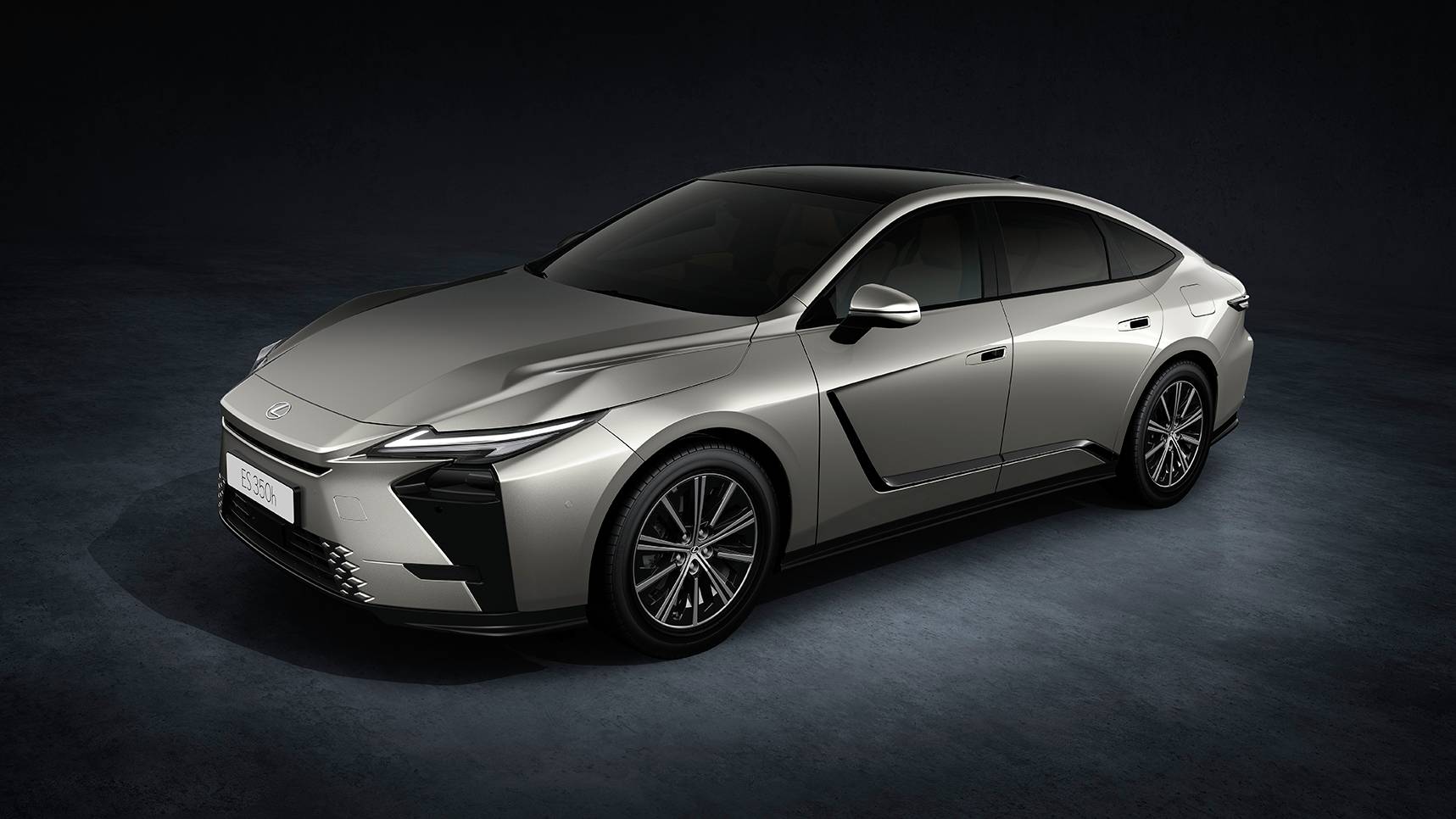
Toyota’s strategy embodies a balance and foresight: maintaining profitability while actively addressing policy risks and market changes. Exporting high-priced Lexus models while increasing hybrid vehicle production in the U.S. caters to both short-term interests and future energy transition layouts. This flexible strategic thinking could provide significant insights for the entire Japanese automotive industry.
Looking ahead, as the global trade environment and consumer demands continue to evolve, automakers must maintain high strategic agility. Toyota’s initiative is not only a precise response to current challenges but also a strategic layout for the future. Finding the optimal balance between cost control, technological innovation, and market adaptation will be crucial in determining a company’s competitiveness.

